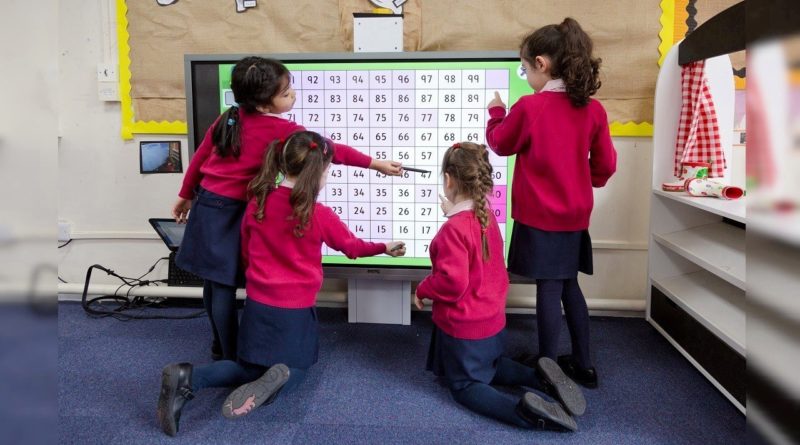Bowdon Preparatory School: ‘Positive Behaviour’ Culture
According to Helen Gee, Headmistress at Bowdon Prep, nurturing positive behaviour in children is as important as teaching maths and English. She believes that having a culture of positive behaviour in school, where the whole community works together, holds key to success, by creating an environment where everyone shares high expectations and promotes healthy relationships.
“We’ve embedded core skills into all aspects of school life and these build the foundations of positive behaviour. Things like independence and organisation, reflection and self-control, cooperation and collaboration, fairness and empathy. We encourage parents and carers to work with us on this, and have found our collaborative approach to be very successful.
To support the development of positive behaviour at home, there are a few points we suggest families consider:
- Create a culture of trust and support. Children don’t get everything right first time in any subject, the same applies to behaviour.
- Be clear, fair and have consistent boundaries. Setting boundaries teaches self-discipline, coping skills and what constitutes acceptable behaviour.
- Develop routines. Like us, children feel more confident when daily activities are predictable and familiar. As they grow, they will be able to follow routines and adjust to change more easily.
- Notice, reward and reinforce. Take time to talk about your child’s actions and the impact their behaviour has had, focusing on positive outcomes.
 Children’s behaviour is driven by their emotions – they need a safe place to unload and clear boundaries for security. Even then, there will be times when they push back! To deal with negative behaviour, try valuing your child’s ideas and thoughts; explaining the reason behind your decision; giving them time to consider pros and cons; and getting them thinking about the benefit of following rules. Remember, there’s usually a reason for their behaviour, like something unexpected or embarrassing leaves them feeling vulnerable, they’re hungry or tired, or not getting their own way.
Children’s behaviour is driven by their emotions – they need a safe place to unload and clear boundaries for security. Even then, there will be times when they push back! To deal with negative behaviour, try valuing your child’s ideas and thoughts; explaining the reason behind your decision; giving them time to consider pros and cons; and getting them thinking about the benefit of following rules. Remember, there’s usually a reason for their behaviour, like something unexpected or embarrassing leaves them feeling vulnerable, they’re hungry or tired, or not getting their own way.
How emotional states are managed impacts on how your child deals with future challenges and can help avoid negative outcomes. If we shut children down, they may repress feelings and bottle them up. Next time they’re faced with a similar situation, feelings could bubble up causing stress, anxiety and aggression.
Try to see behavioural problems – like tantrums, rage, lashing out and bullying – as an opportunity for growth, not judgement. Give your child space to tell you how they feel. Children may struggle to find the right words but this will come with time. Encourage them to reflect and work through negative emotions.
Punishment can breed resentment. A restorative approaches separates the person from the behaviour, promoting accountability and repairing harm done. Try asking things like ‘what were you thinking or feeling’ or ‘what needs to happen to put this right’. When it comes to managing big emotions, it’s important to notice and identify your child’s feelings. Ask them how they feel in their body (butterflies, flushed etc) and how this makes them act. We would always advocate giving them coping strategies – such as relaxation, distraction and movement – you’ll soon find which work for your child.”






